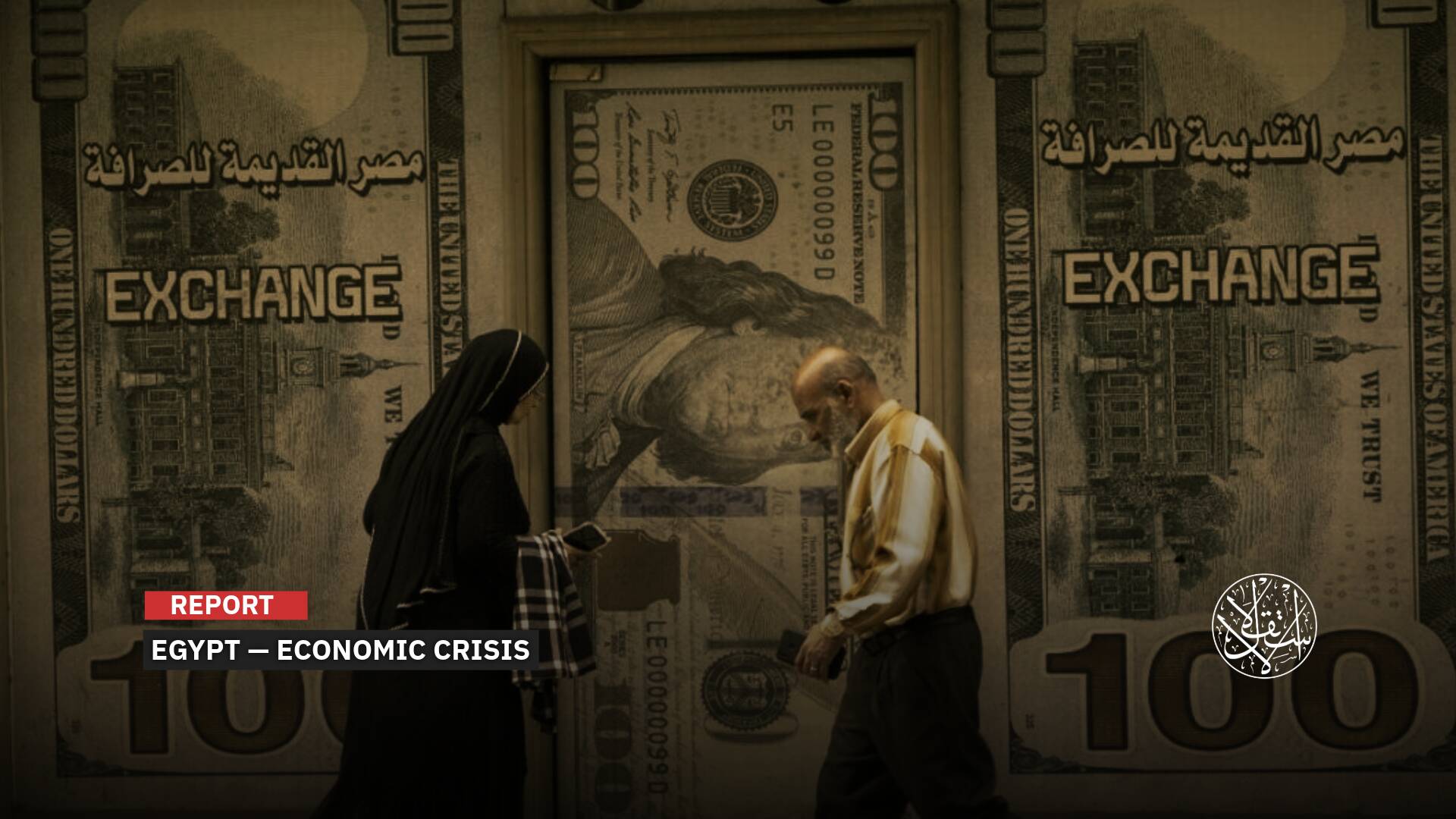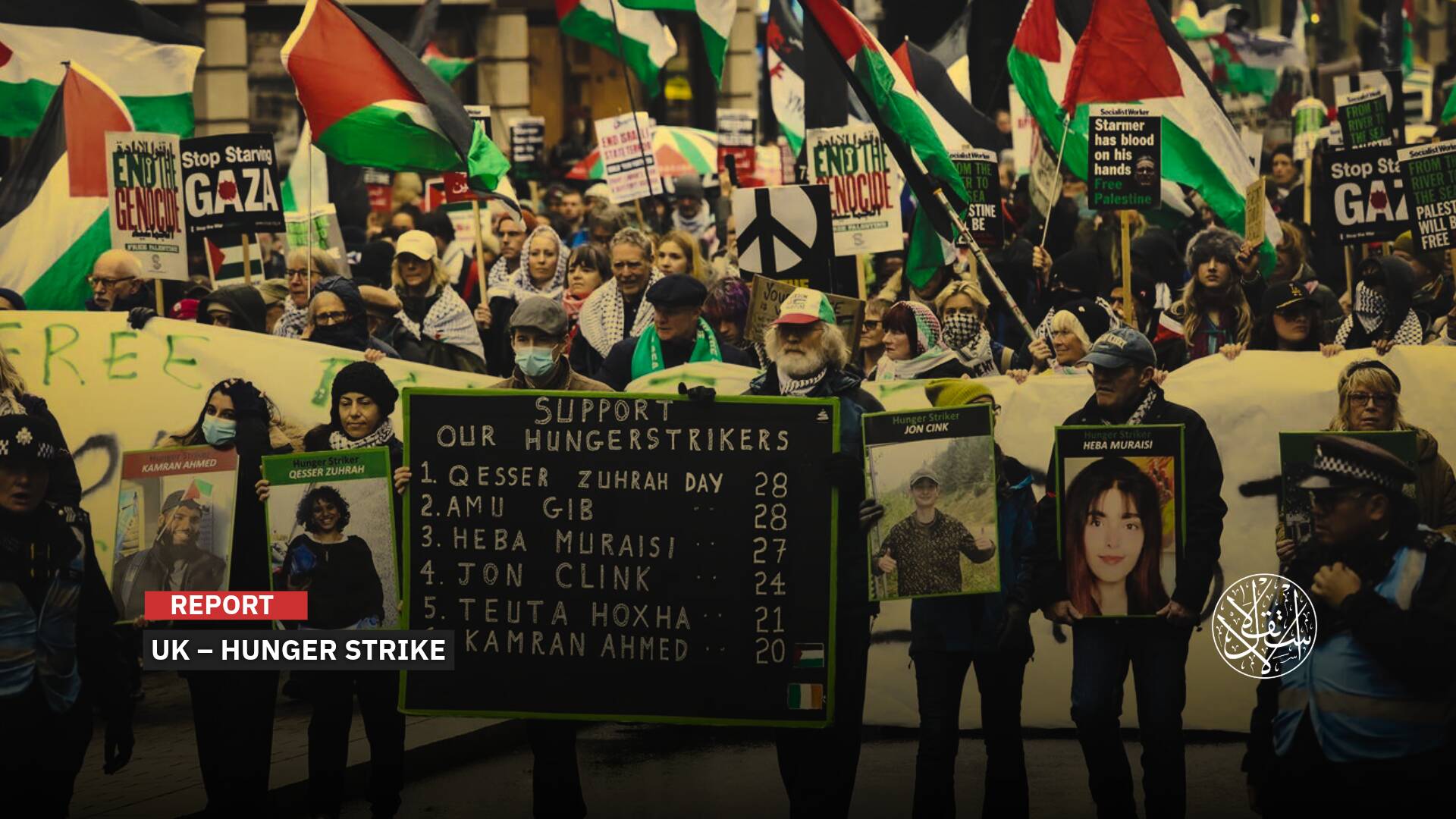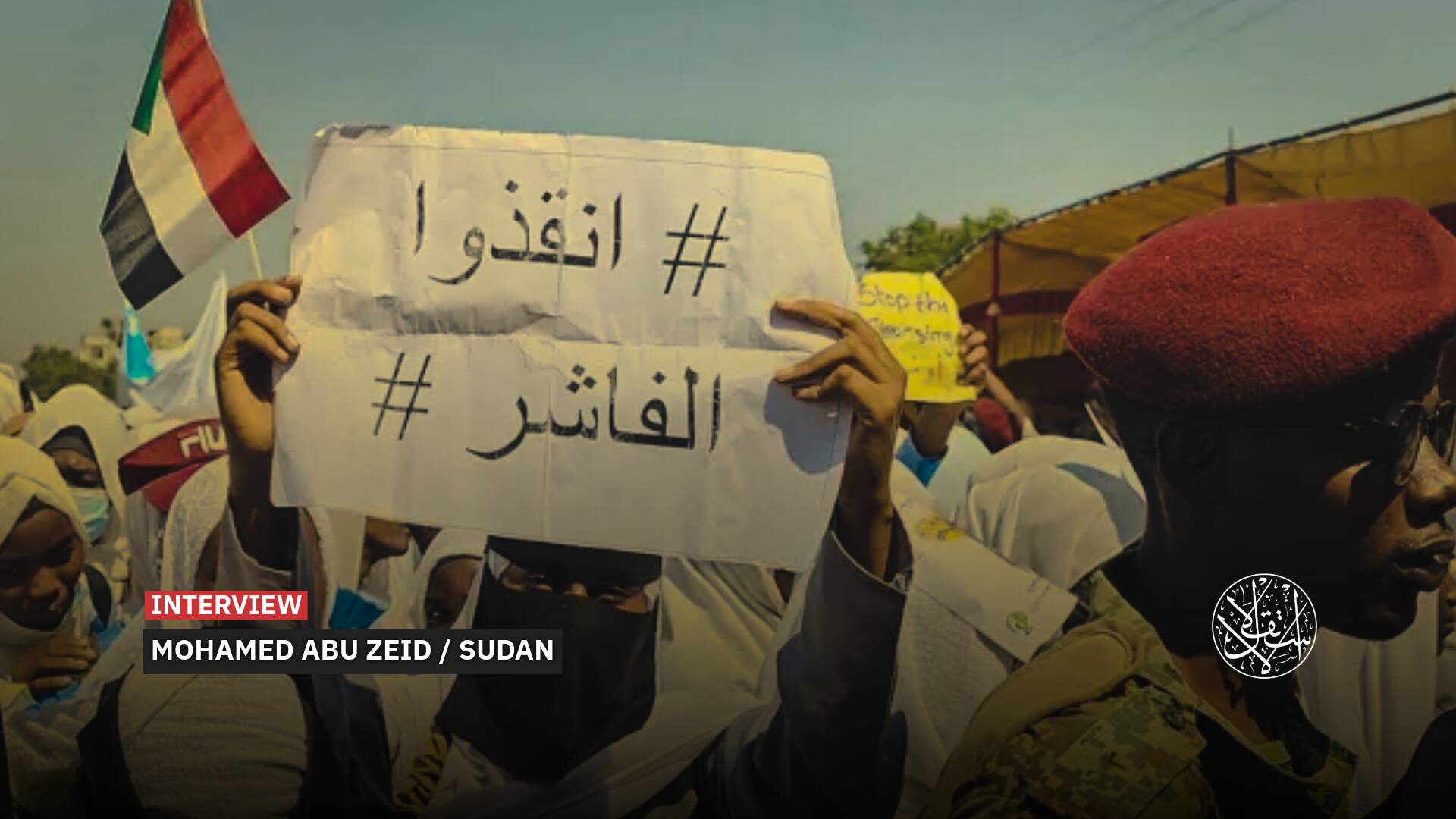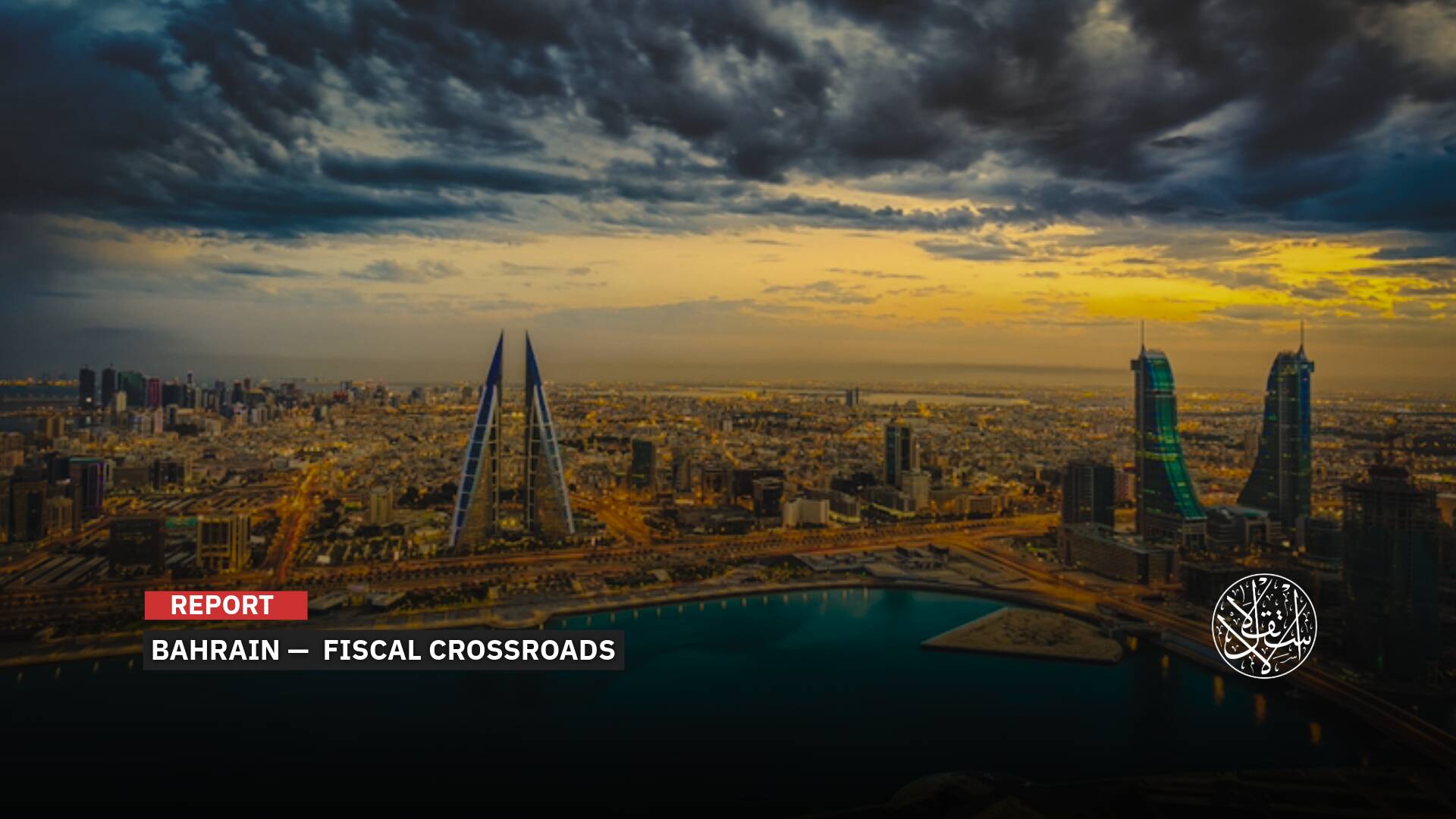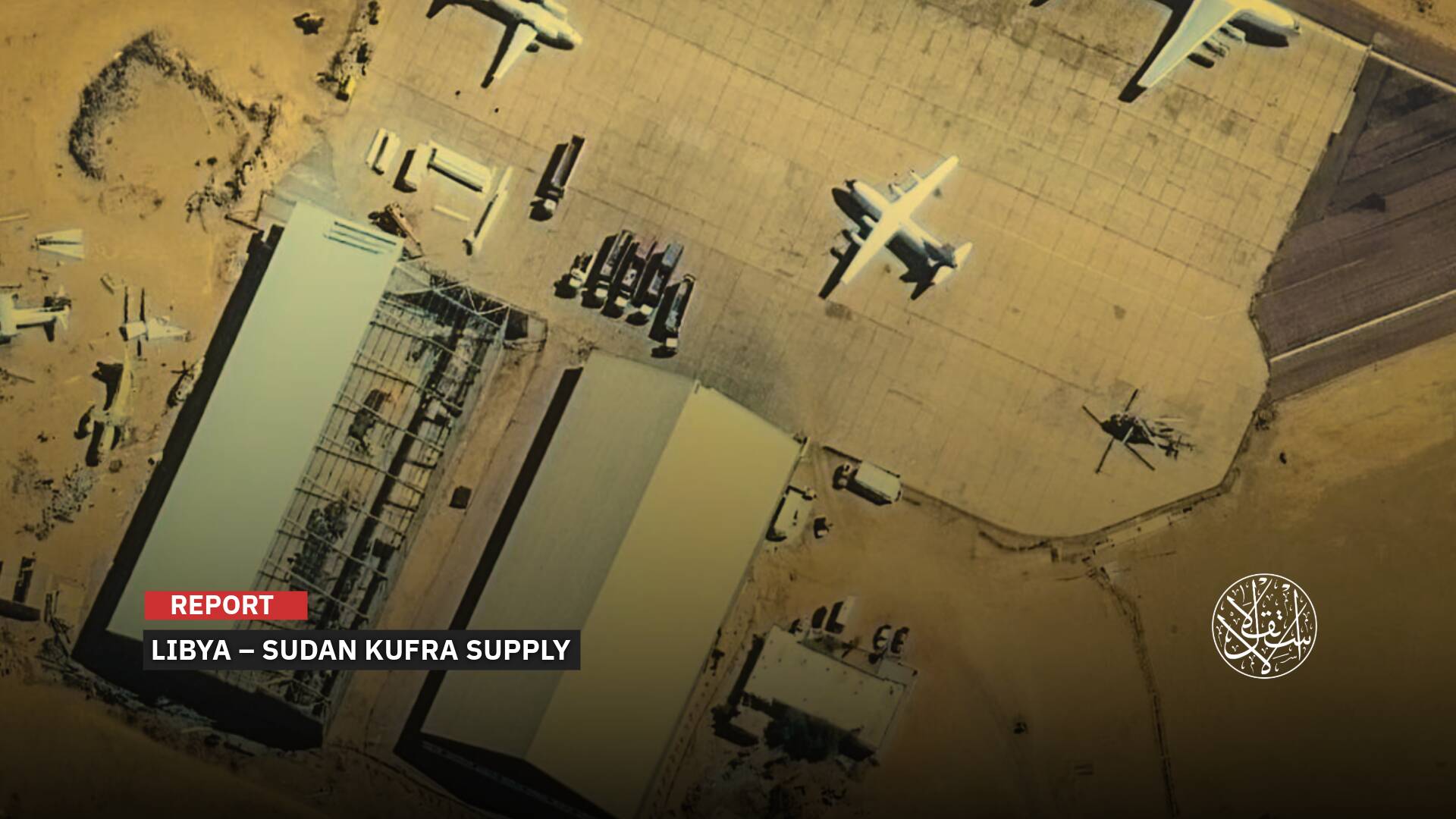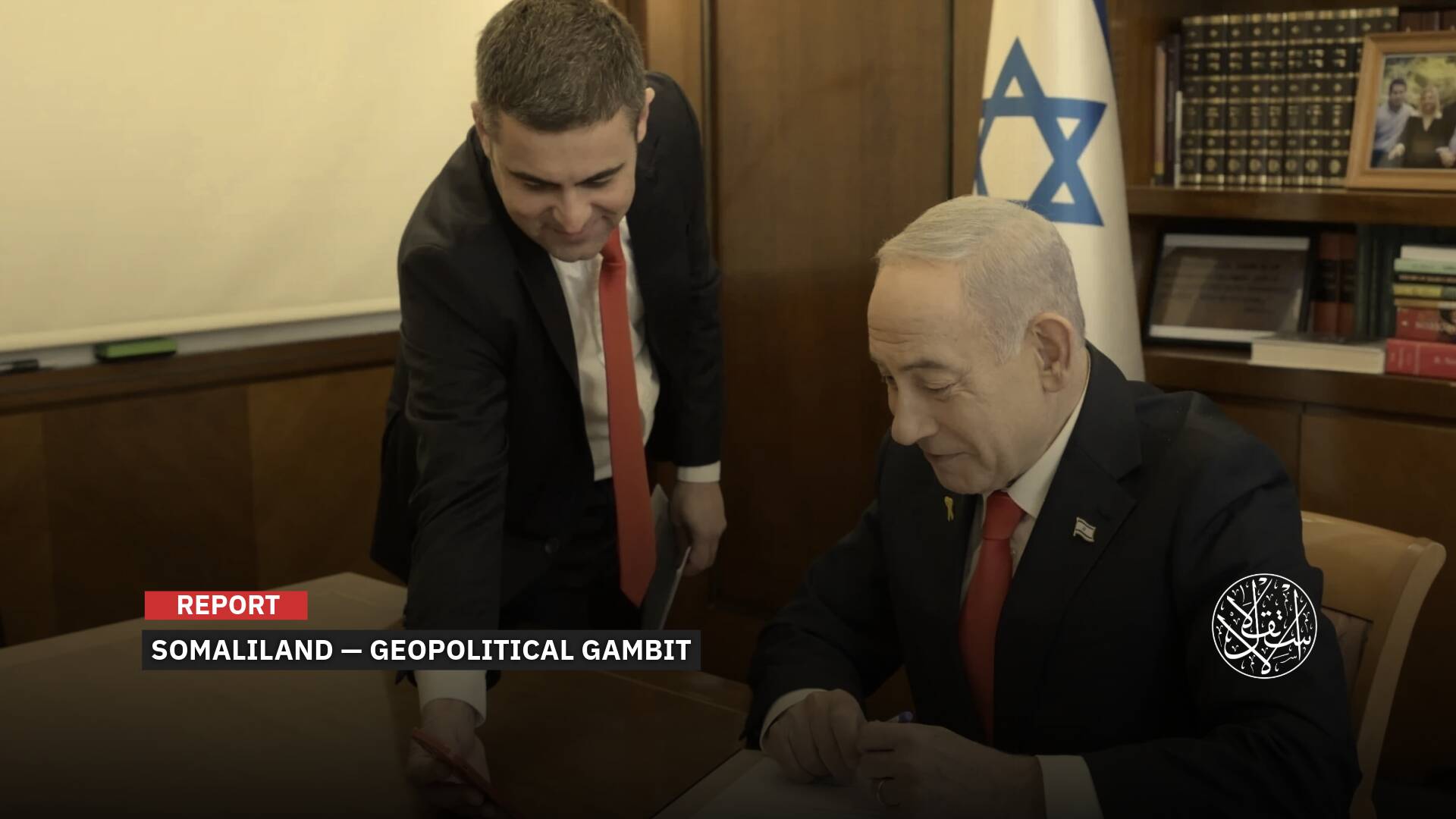Human Rights or Economic Crises; What Are the Taliban Government's Priorities?

“The only thing clearly visible when wandering the deserted streets of Kabul, just two days after the Taliban took control of the country, there was an unknown about the future,” an Italian website said.
The Italian website, Inside Over, added in an article by Pakistani journalist, Arshad Yusufzai, that “the people were ignorant of the country's future, not to mention their personal, food and financial security.”
“The state of fear of the unknown, just as in any other underdeveloped country, for people with limited income and low or no education in Afghanistan, is mainly related to food security,” he considered.
Urgent Solutions
“This group of people leaves their homes every morning to earn enough to feed their multi-person families,” the journalist explained.
“This daily pressure would overwhelm the need for basic human rights, such as freedom of expression in all its forms,” he estimated.
“The Taliban movement was initially preoccupied with imposing control over the country during August 2021, in light of the resistance of Panjshir Province to its rule,” he pointed out.
In addition to the threat of attacks from hostile groups such as “ISIS” in the state of Khorasan, which is found mainly in Nangarhar and Kunar provinces located in eastern Afghanistan along the border with Pakistan.
The Pakistani journalist stated that he attended a series of important meetings that took place during the following three weeks between senior Taliban representatives at the middle and high levels to discuss urgent solutions to the stifling financial crisis.
“Because it is a priority issue, the Taliban were exclusively occupied with securing funds to pay state employees' salaries that had been overdue for a few months as well as governing the country,” he continued.
Yusufzai pointed out that “issues such as human rights, women's education and freedom of expression were only addressed during the talks when specific questions were asked about them, especially since they were not important issues in light of the preoccupation with the financial crisis.
“Some important steps have taken place on the positive side, where most of the checkpoints have disappeared from the streets, the movement of vehicles and people increased, and women began to frequent the markets again,” the Pakistani journalist noted.
“It was great to see the children; males and females are finally going back to school,” he added.
“During a meeting with the Deputy Minister of Information and Culture in the Taliban, Zabihullah Mujahid, I asked him about resuming women's education, to answer that the movement pledged to provide equal educational opportunities for girls, he also explained the three phases of the educational program that the Taliban intends to implement throughout the country,” Yusufzai continued.
“We allowed males and females under the age of five to go to school, while students from 6 to 12 years old will return to school during the second stage,” Mujahid explained.
“Other classes, including the university, will accept male students only, so that we have a separate system for girls that includes teachers, classrooms, and transportation,” the deputy minister of the movement stated.
Zabihullah Mujahid reiterated the Taliban's position of allowing women to work in various sectors, saying: “In some professions, like healthcare, women play a very important role, and we cannot forget the sacrifices of mothers, sisters and wives who lost loved ones during this long war.”
“Islam recognizes the equal rights of men and women, we will not deprive half of the population of their rights guaranteed by Islam,” he added.
But for this to happen, it will take some time, especially since we first have other, more urgent issues that need to be resolved.
In turn, Mullah Abdul Ghani Baradar, Acting Deputy Prime Minister of Afghanistan, during a high-level meeting on September 5, highlighted the issue.
Baradar attributed the main reason for the delay in the admission of girls to universities to financial constraints.
The same reason also delays the return of women to work, as the Taliban spoke of a lack of funds to provide work facilities that prevent gender mixing.
Withdrawal and Vision
In another session the next day, Hajj Ibrahim Haqqani (uncle of the head of the Haqqani Network, Sirajuddin Haqqani) cited the decline in the number of teachers as another important underlying reason, arguing that the US withdrawal from Afghanistan coincided with a brain drain.
Since August 31, 2021, thousands of doctors, engineers, bankers and teachers have fled the country, along with other civilians.
“The effect of this will be reflected in the current situation once the administration's activity in the country returns; Therefore, we will also have a shortage of teachers and professors, especially females,” Haqqani indicated.
“It was too early for the Taliban to fulfill their promises regarding human rights and women's liberation because they took power only weeks ago, and that the education of females needs arrangements that take at least 3 to 6 months,” Haqqani also considered.
The Taliban want to create educational and work institutions that prevent the mixing of females and males as well as segregation of the sexes in transportation, explains the Pakistani journalist.
The educational policy of the Taliban is also based on the requirement that female students study in separate classes with female teachers, if this is not available, male teachers will be called upon to teach them behind a screen or a veil.
The Pakistani writer denounced “the abuses of some elements of the movement during some women's protests in the capital, Kabul recently, by beating them and pointing weapons at them despite instructions to behave appropriately, especially with women.”
“Some Taliban members may have, especially those with advanced education in Pakistan, the United Arab Emirates, Qatar and Turkey took a more moderate stance on many issues that the first generation of the movement deemed totally unacceptable,” Yusufzai hinted.
With the same thinking, many believe that the movement that was active in the political headquarters in Doha has softened its stance on various matters thanks to its extended contact with the modern world.
“Another challenge is rapidly approaching, related to the harsh winter season in Afghanistan, with which the agricultural and industrial sectors are reduced to minimum levels of productivity, forcing residents to exhaust all their savings in this long winter,” he added.
Therefore, the Pakistani journalist stressed the importance of urgent financial support from wealthy countries.
He warned that providing humanitarian aid on the condition that the Taliban comply with human rights or women's education could harm nearly 39 million Afghans
“Despite various verbal assurances from the Taliban to the international community regarding human rights, employment and women's education; It seems that the world will have to wait a few more months or a year or two before noticing a clear change in favor of the basic human rights of the Afghan population,” he emphasized.
“The biggest problems currently facing the new Afghan leaders and the population is the collapse of the country's financial resources,” he saw.
He concluded his article by saying that “the Taliban, along with many Afghans, attribute responsibility for their misery to the forces that invaded the country 20 years ago, if the world does not act today to help the country, it will be more than valid reason to accuse it again.”








